The Millenium was one week old…
Here’s a selection of 25 years of Open Source consulting and coaching. Scroll down for the most recent highlights or jump to one of the past years:

Feilner IT was founded on January 7, 2000, in Regensburg, by Markus Feilner. The senior Linux expert had been gathering Linux experience and had been doing services for customers like the Regensburg university since 1994.
Feilner-IT quickly grew to a sustainable company based on open source and journalism. Learn more about Markus in his profile (PDF: English and German).
Markus wrote books, helped customers and partners in politics, industry, education and public administration. On top of all that, for 10 years, he was deputy editor-in-chief of the german Linux-Magazin, Team Lead documentation at SUSE Linux (where he helped to build a documentation team from 5 to 16 members). Since 2019, Markus has been acting as an open source business angel (“ambassador”), developing the concept of agile recursive documentation, onboarding and open source leadership.
News and Recent Highlights from 2024

New projects are in the making… Coming soon: Open Source MS Graph, Cloud Master Keys, Open Source in Space, more on Ethical Artificial Intelligence, KDE Eco and more – stay tuned!
Markus Feilner is hosting a panel on #openwashing at KDE akademy 2024 in September, in the beautiful city of Würzburg, Bavaria, Germany. Sunday morning, 11:00 A.M. Will you be there? 🙂
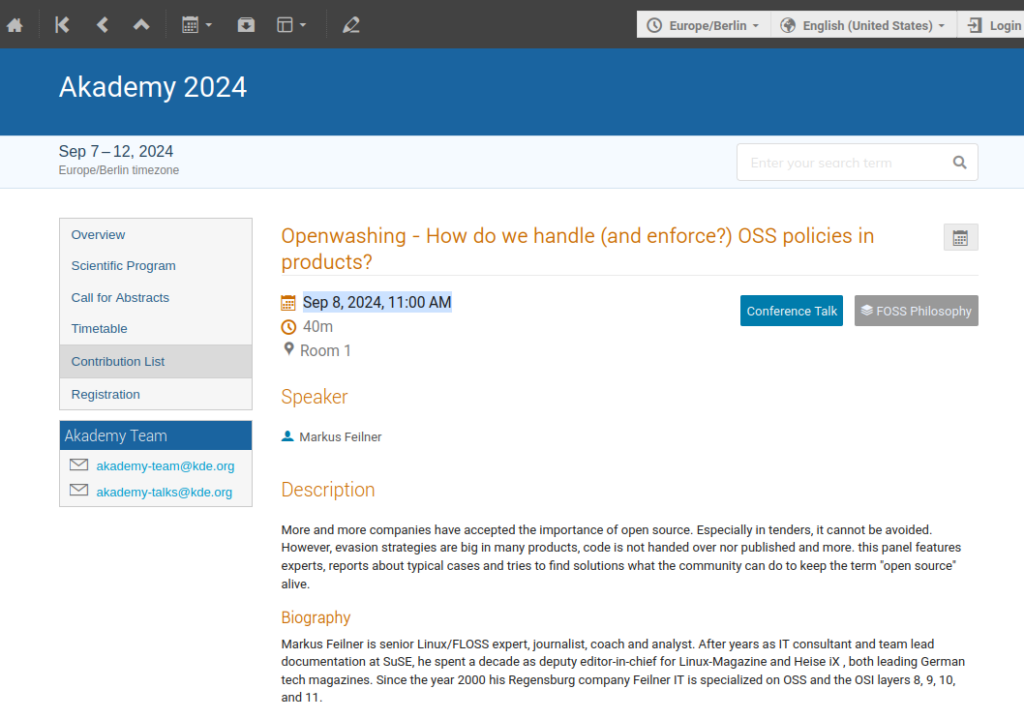
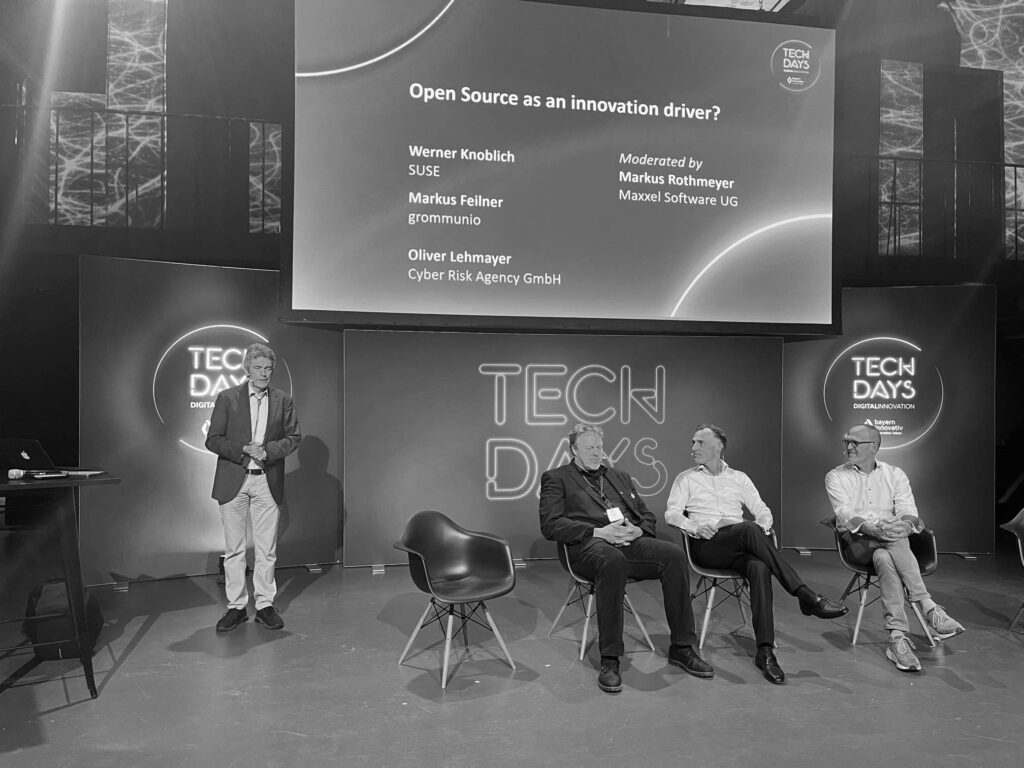
An opening keynote by our friend Wieland Holfelder from Google, and as closing keynote a panel with Markus Feilner speaking about Open Source and Innovation – the Munich Tech Days on July 24 and 25 were a strikingly high-tech event.
Feilner IT has started an AI blog on the platform korium.org. With the wave of the AI hype bubble breaking, #digitalsobriety is becoming more and more important, here’s a blog for it.

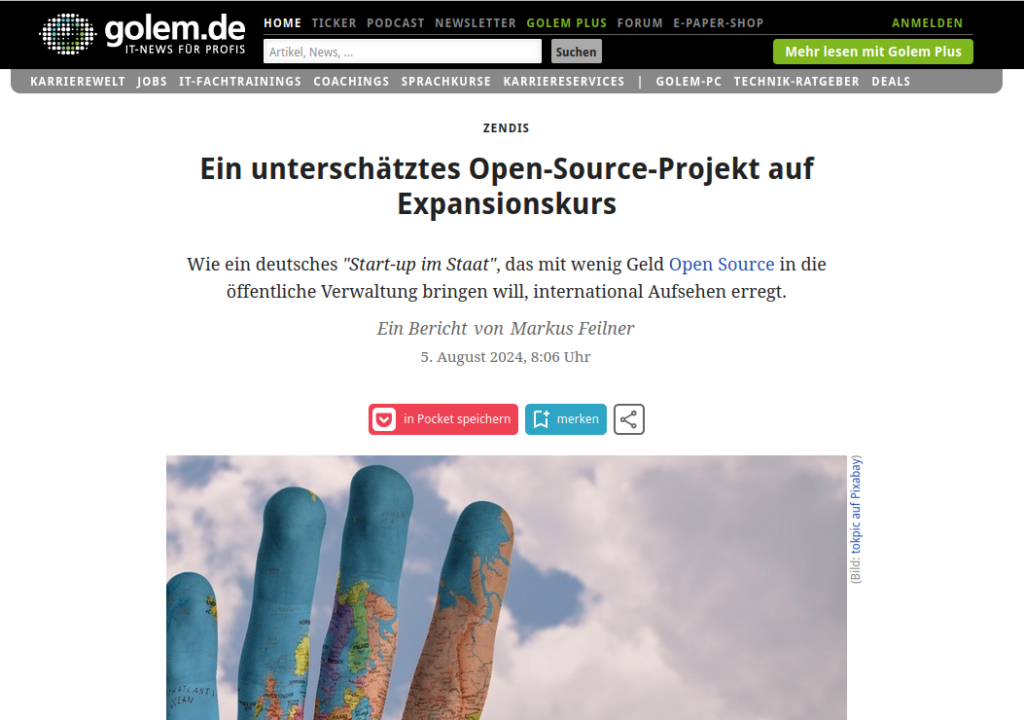
Markus wrote an article on Golem (in German) about the surprising international success that the ZenDis (Zentrum für Digitale Souveränität) has had. Germany is being seen as a role model in terms of Open Source in public administration.
Working for our customer Greenbone, June and July have been very busy. Last week they published two blog posts from Markus, and there’s so much more going on. Greenbone has grown 300% in turnaround and people over the last two years, and we are proud to be part of that journey.
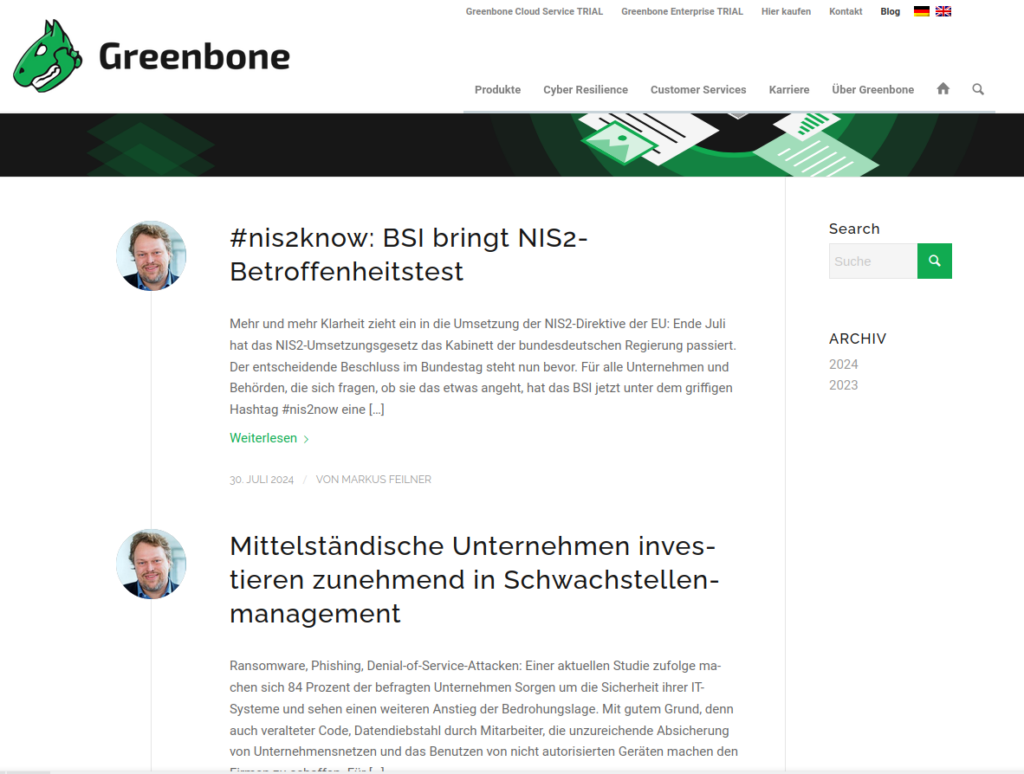
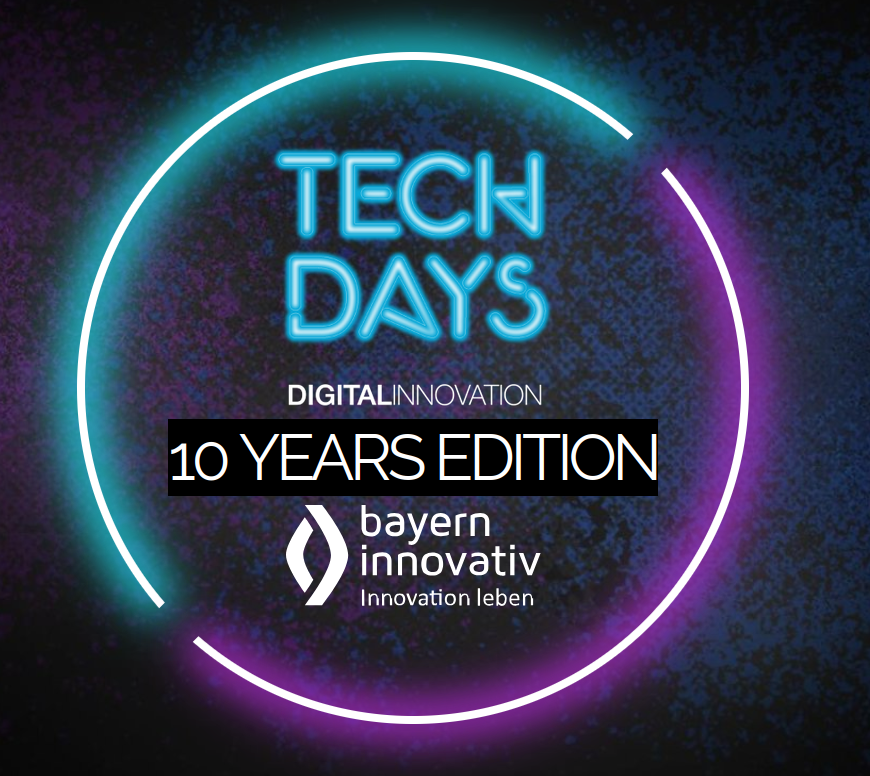
On this year’s 10th edition of the Munich Tech Days, Markus Feilner will be on the closing (panel) keynote “Open Source as an innovation driver?”
If you hadn’t noticed, since 2024 Markus Feilner is listed again as a permanent freelancer for Linux-Magazin Germany, in it’s impressum. Although that is only a small thing, it helps a lot with investigative journalism and makes a big difference in official requests.
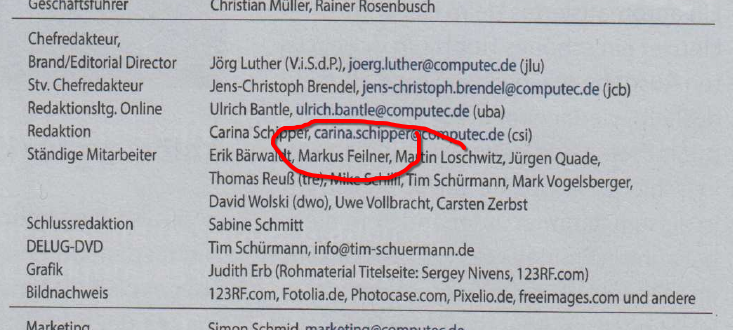
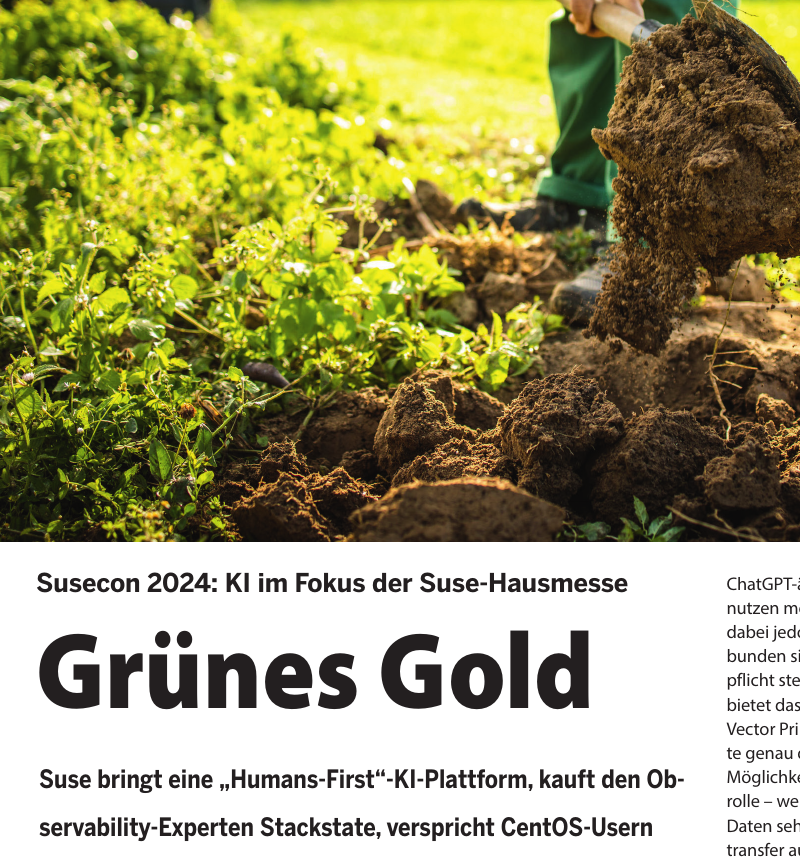
… and there is the article about Markus’ visit to SUSECON. Read all about it in Linux-Magazin 09/24.
In July, Markus Feilner was visiting the ZenDIS, the german government’s center for digital sovereignty. An article on the ZenDiS is in the making.

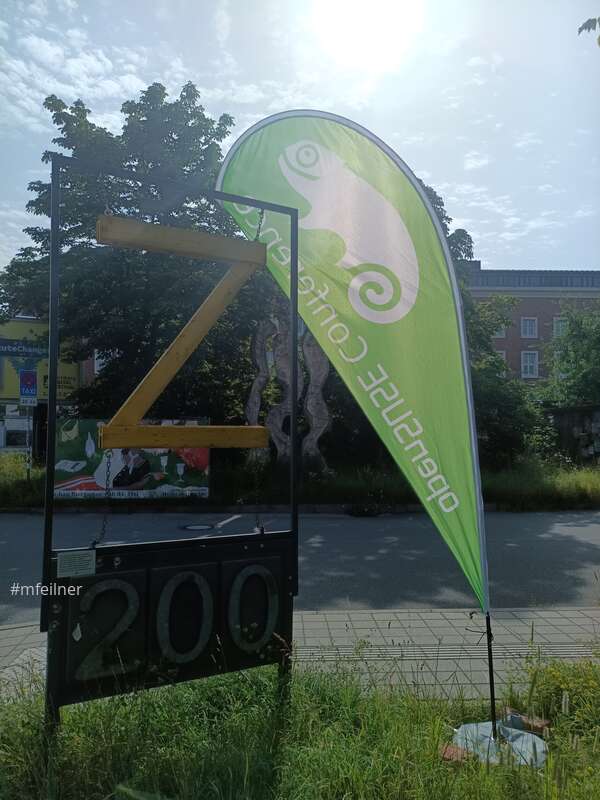
The presentations are available: Markus Feilner did four talks for at SUSE and opensuse conferences, here’s the two grommunio ones from the opensuse conference: “Open Source: A question of national and global security” and “Exchange your Exchange: grommunio – an open source drop-in and so much more“.
The latest Linux-Magazin 08/24 has a nice article by Markus Feilner on how opensource helps companies and software vendors improving their products. A community member started integration of OpenProject with Github/Gitlab, here’s the story. Impossible with proprietary software.
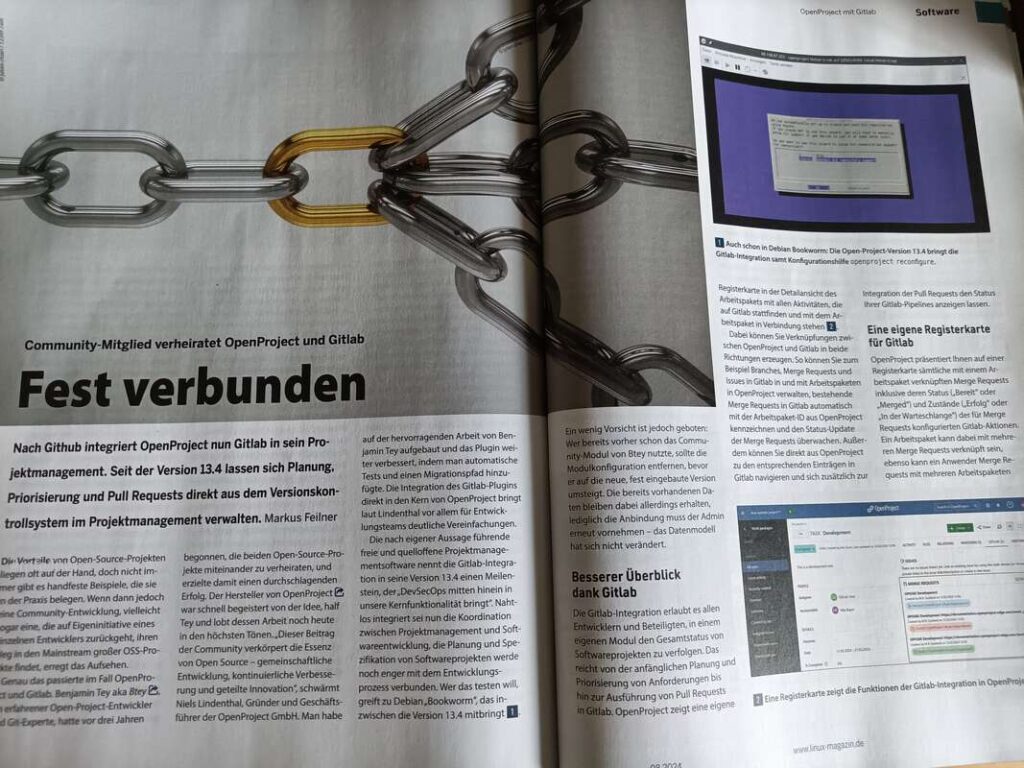
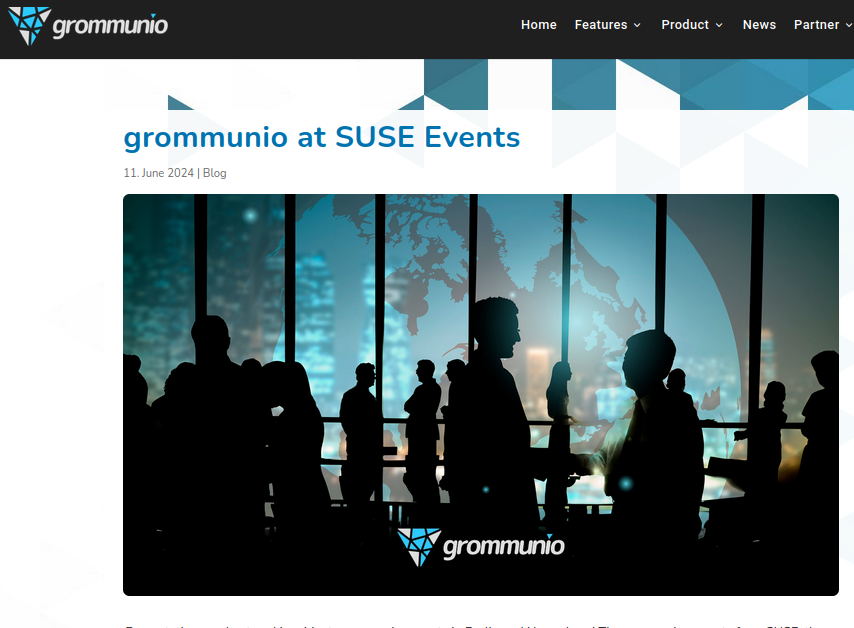
grommunio at SUSECON – Markus Feilner did a talk on the Vienna startup’s groupware. Under the title “Open source – a question of national security”, the openSUSE venue of the Community Summit at SUSECON was listening. Next: grommunio (and Feilner) at the openSUSE conference, both at the evening event open4business and on Saturday in a session.
For the title of the Linux-Magazine 07/24, Markus contributed an introduction to Bash-git-prompt, a simple but helpful tool not only for Git starters.
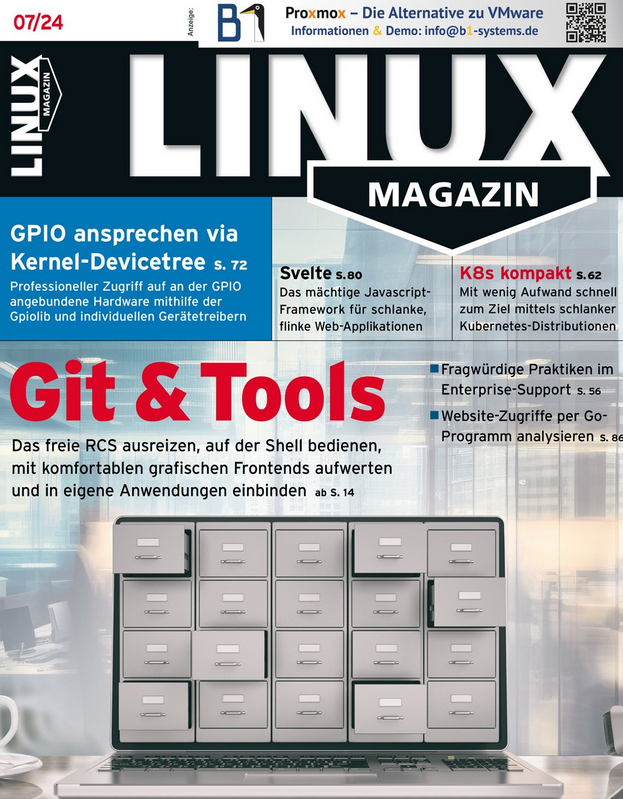

A much requested feature has been added to Feilner IT’s infrastructre: Having being asked by Whistleblowers, we added our Secure File Drop – an anonymous upload for files that you don’t want others to know that you shared them with us. Powered by ownCloud Infinite Scale.
How did the Sovereign Cloud Stack become the best example for digital sovereign software that rose from an initiative driven by the federal state of Germany? Read our analysis in Linux-Magazin 06/24
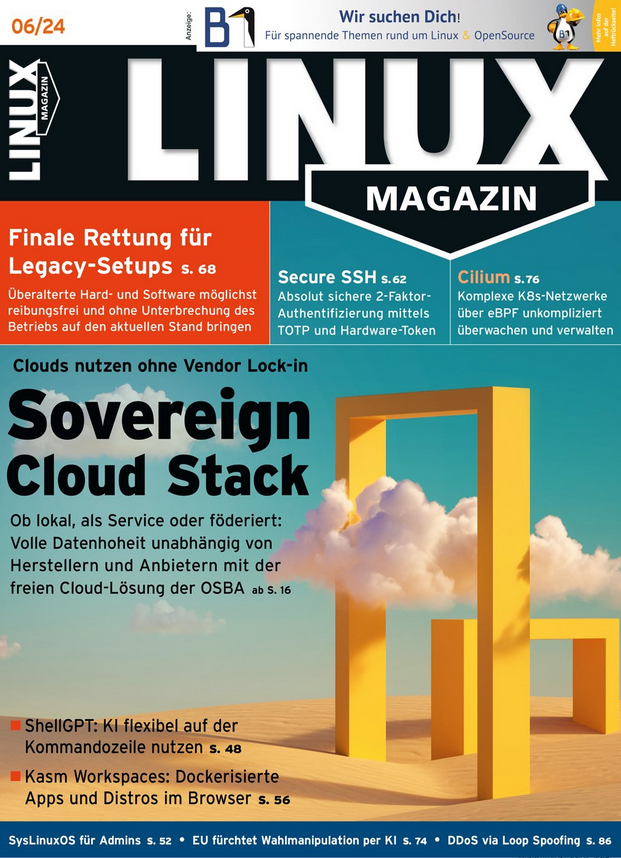
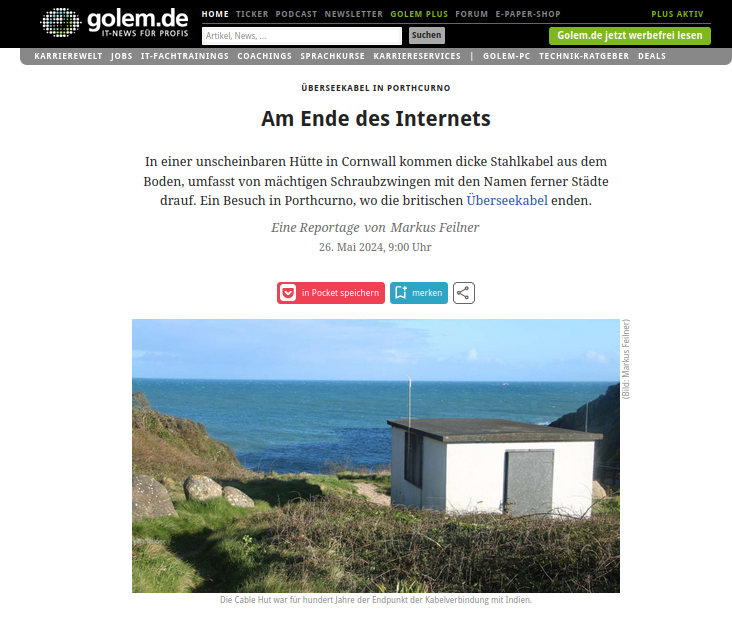
Portcurno is the end of the internet, and there’s a beach: The beach at the end of the internet is the title of a report with many photos from the museum of digital communications in Cornwall. For Golem, Markus Feilner visited this very special hot spot of tech history.
Is it AI – artificial intelligence or rather intelligent assistance that we are seeing? Markus Feilner did an in-depth Review of the AI Hype. Read it here, in the special “Limits of AI” in german Linux-Magazin 05/24.
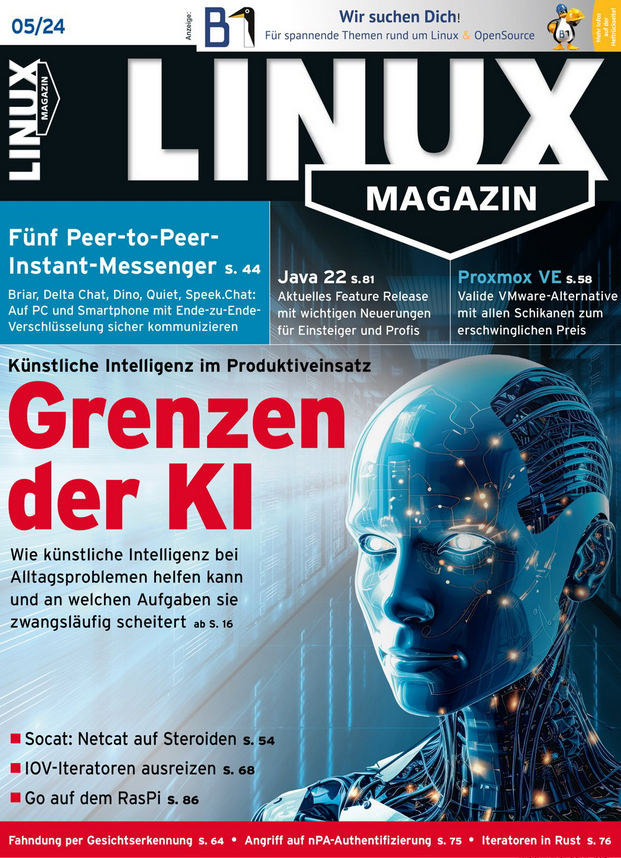
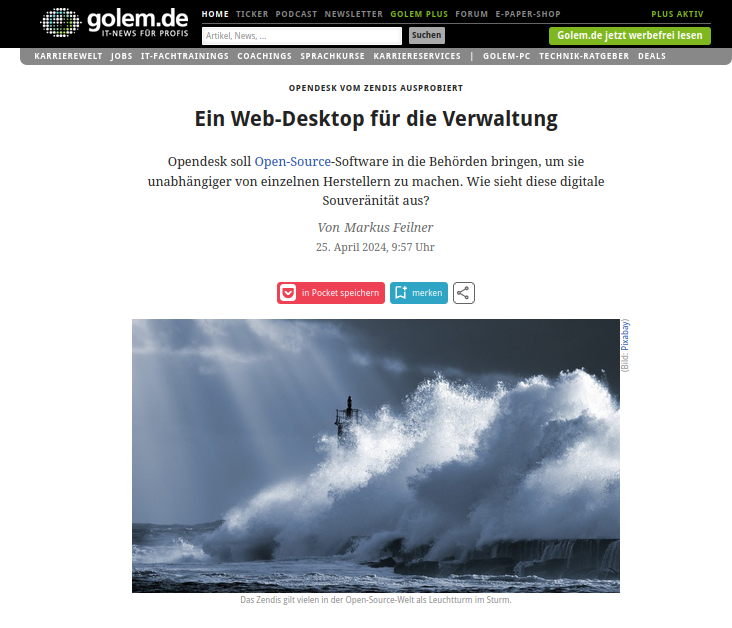
Believe it or not, the German government is funding open source software with Millions. There’s a center for digital sovereignty (“ZenDIS”) and it produced Opendesk, a free and open source desktop for the digital administration in Germany. Golem published an article from us.
A meeting in Augsburg with Netitwork brought the partnership of the Augsburg IT experts with Feilner IT, preparing the Bavarian IT Solutions day in June. (Update: due to the weather conditions this event had to be cancelled. We are very sorry.)
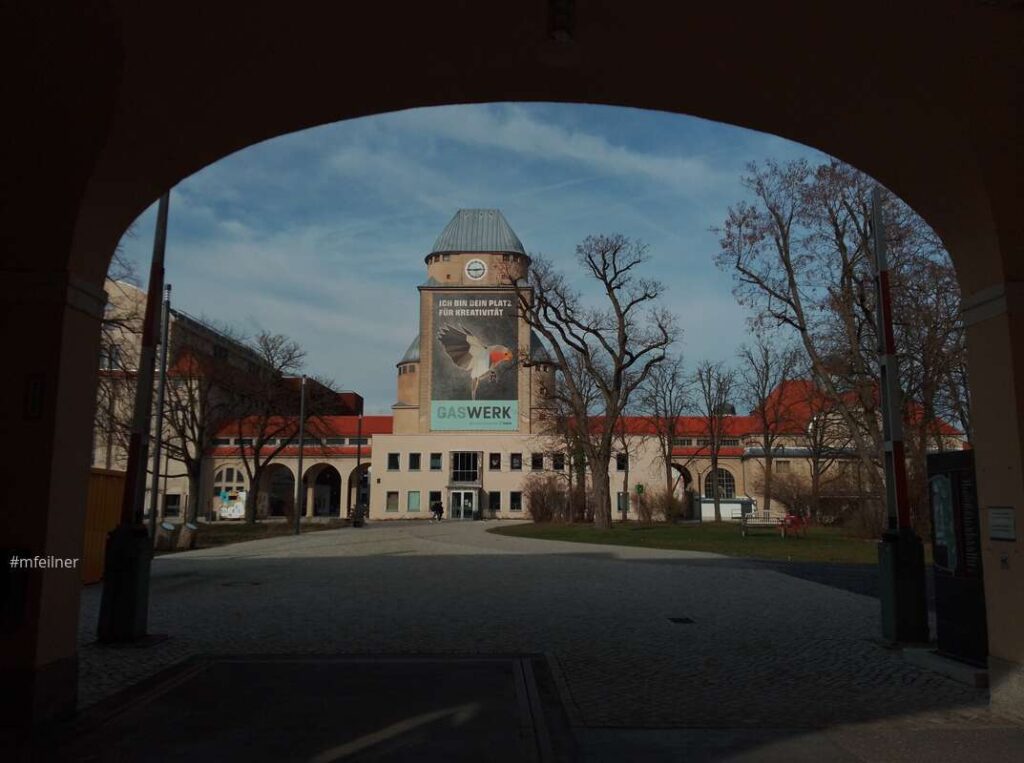
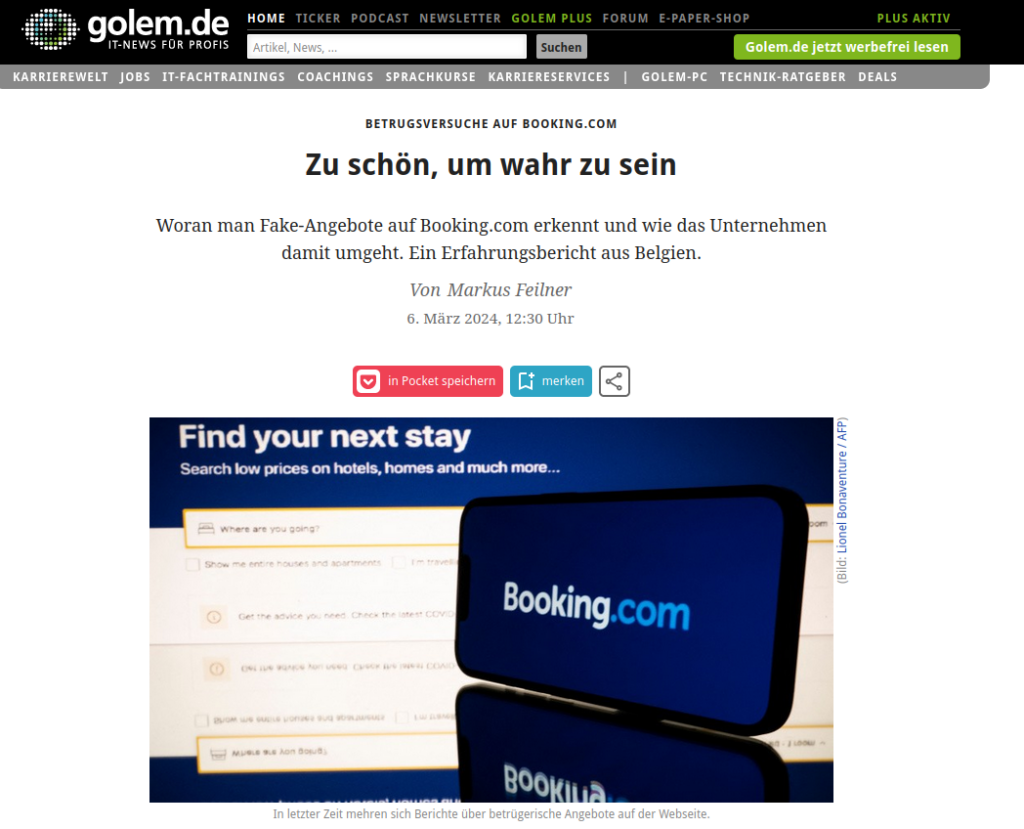
“Too good to be true” is the title of an article at Golem, Germany’s second largest IT new portal, written by Markus Feilner, dealing with the dangers from fraudsters at Booking.com and the reactions of the world’s largest hotel broker.
In March 2024, Feilner IT was helping with Chemnitzer Linuxtage, hosting a whole session and visiting the booth area, and representing grommunio and our collaboration with LPI’s “Upgrade to Linux project.
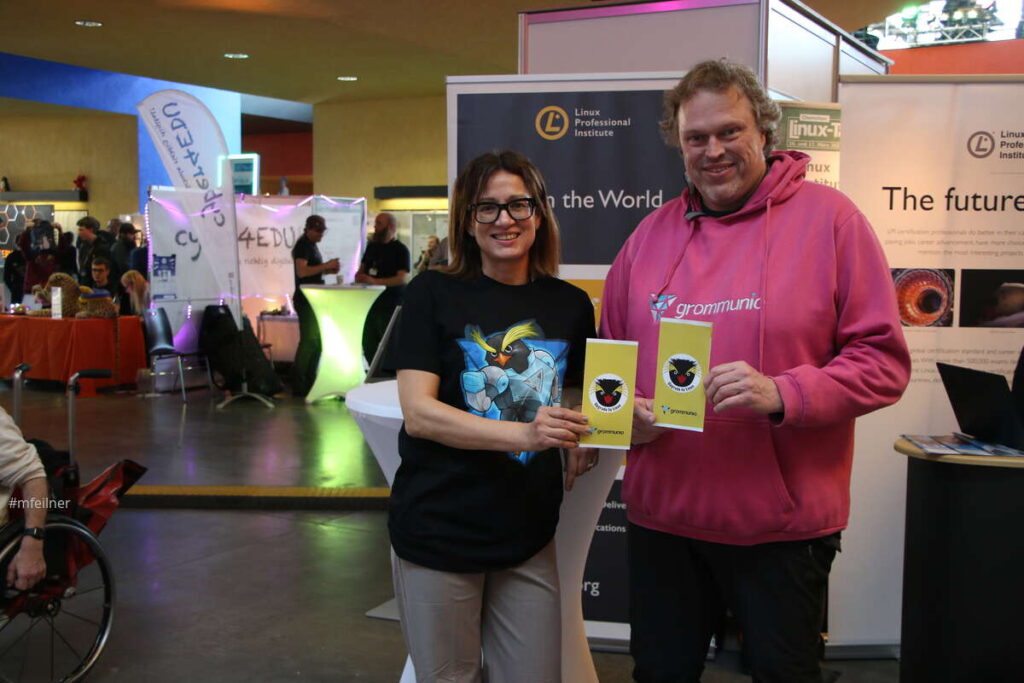
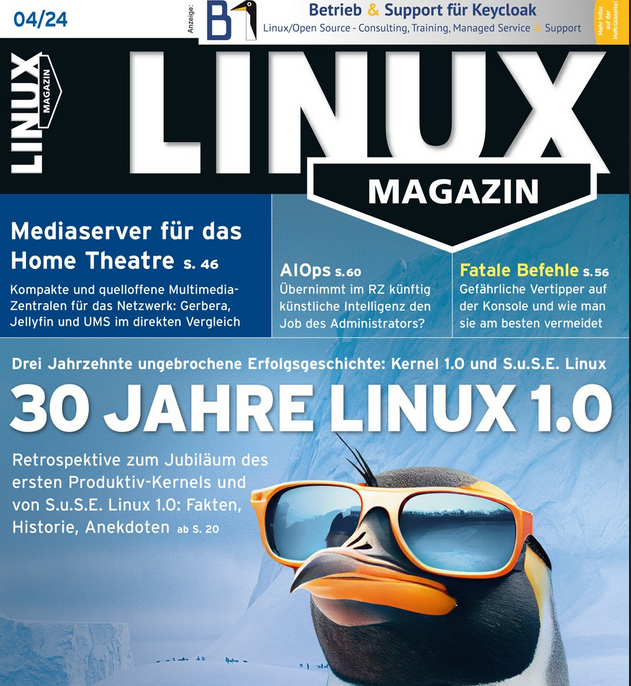
30 years of linux, 30 years of SUSE: For Linux-Magazin 4/24 Germany, we wrote a review of three decades of Linux and open source in Germany and world wide.
In March 2024, Markus Feilner joined Vienna technology leader in open source groupware, grommunio as Ambassador for Open Source.
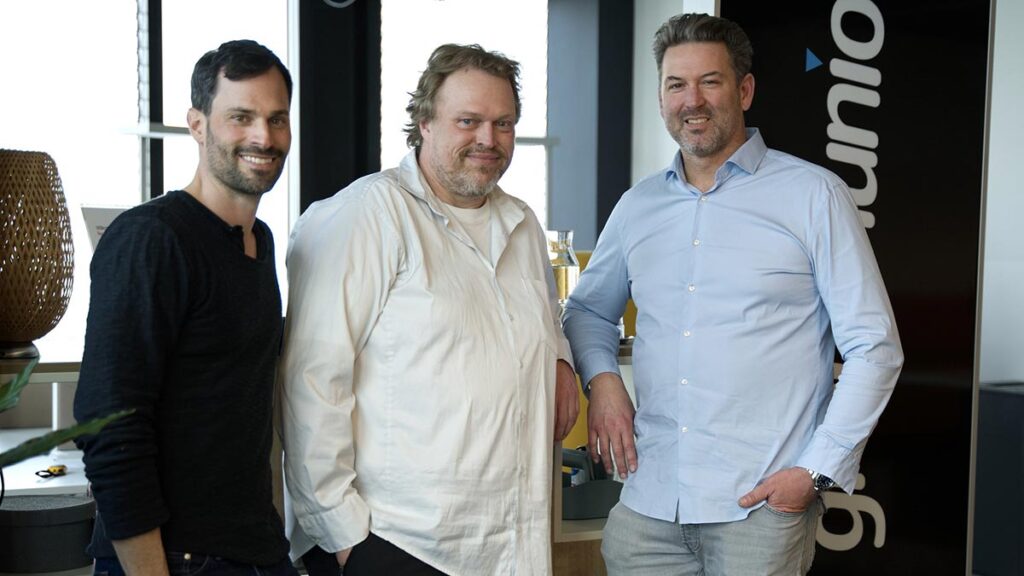

At FOSDEM 2024, Markus did a talk on Replacing Atlassian Confluence with Open Source Knowledge Management systems and hosted a panel on openwashing. Only a few days earlier, there was another article by him on the dangers of openwashing in Linux-Magazin 03/24.
For the monthly review 1/24, Markus Feilner was one of the participants at Germany’s renowned E-government Podcast.
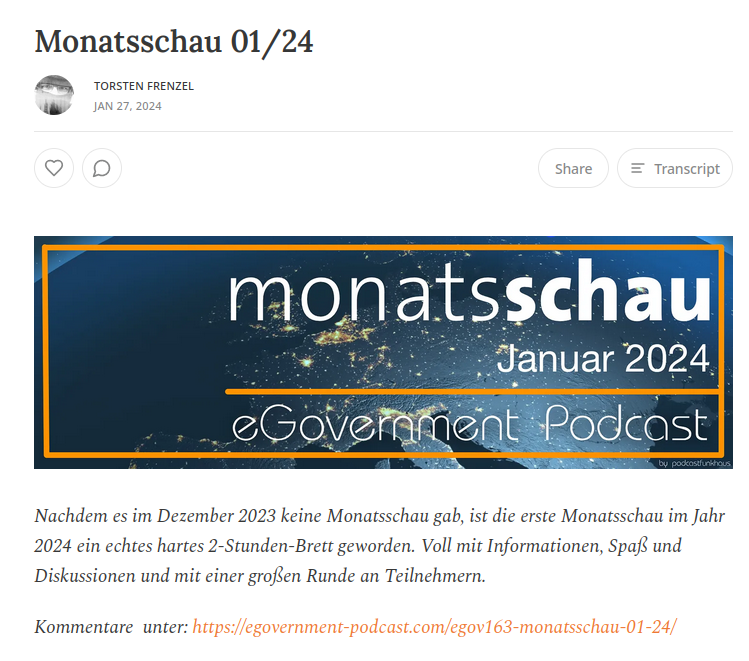
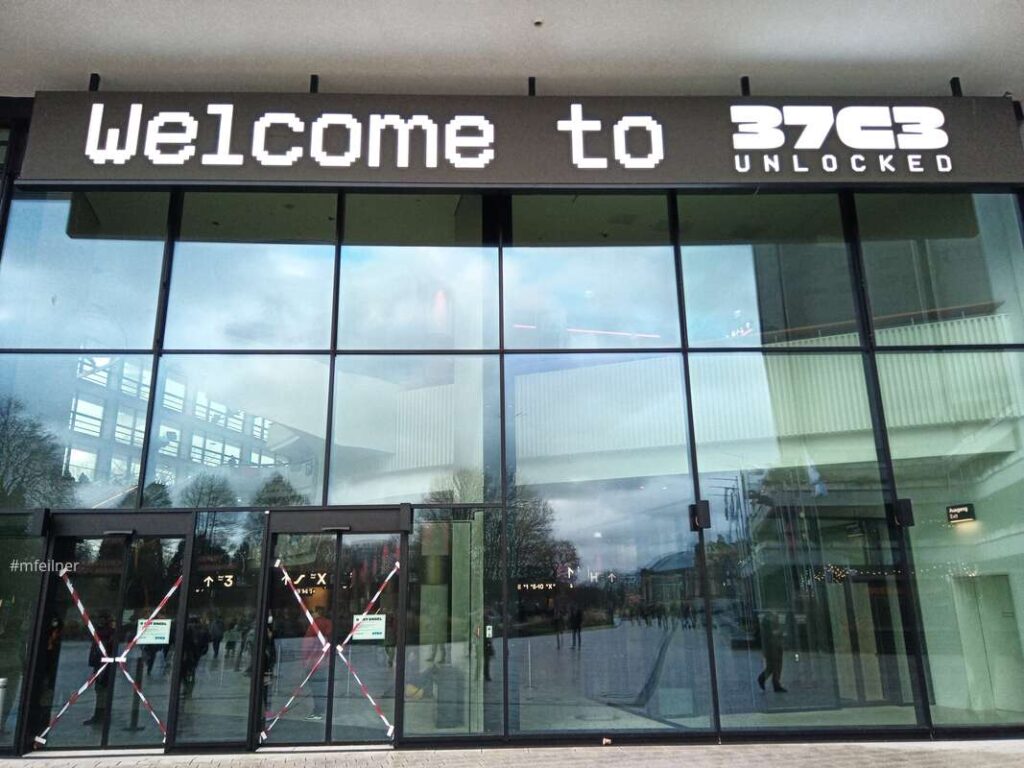
Meeting Hackers and Nerds in Hamburg while 37C3 is happening…
Still in the first week of this year, Golem.de, Germany’s second largest IT news website has published another article from Markus Feilner. This one is about Grit:lab, a school in the Finnish Aland archipelago. In the heart of the Baltic sea, young people learn how to code, free of charge and without teachers.


FOSDEM has accepted two of our talks – a panel on openwashing, opencore (see Golem article below) and Commercial Open Source Software (COSS) and Second: a market overview on open source alternatives for modern knowledge management to replace Atlassian Confluence. Oh, there’s two more of Markus’ talks not yet approved neither denied…
What a great start into this year: Golem, Germany’s second largest IT website has published another one of Markus Feilner’s articles. This time it’s an in-deep analysis of openwashing and opencore and how the case of Red Hat vs. Centos is affecting the open source world. Is it legit, legal, morally or ethically questionable? And does it support the true spirit of Open Source Software?
